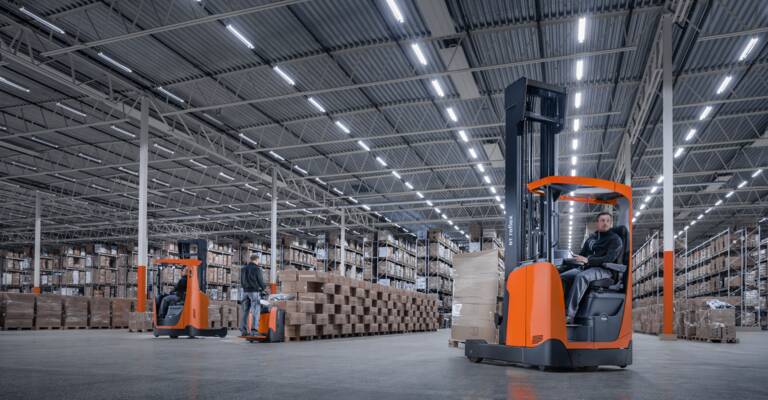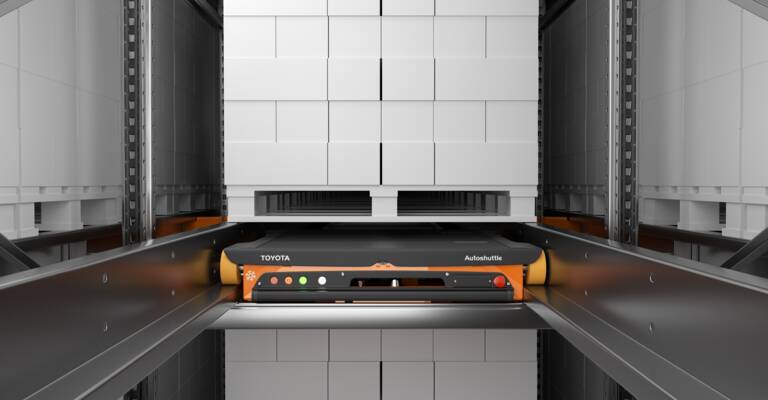Toyota commits to integrated telematics
Senior Vice President Marketing and Sales, Ralph Cox explained the strategy: “We have a worldwide reputation for lean-thinking in our company, and we benefit from continuous improvements by adopting new technologies in our own logistics operations. The value of connectivity cannot be ignored in today’s challenging logistics systems, in helping to eliminate waste. Toyota wants to make a serious contribution to improve efficiency, and encourage leaner logistics operations across Europe.”
The move brings a series of benefits to Toyota’s customers, as basic activity data will become available, subject only to a data-sharing agreement.

Utilisation is a significant part of the story. Toyota’s existing I_Site data, derived from nearly 60,000 connected smart trucks already in operation, shows that most companies can eliminate substantial waste in resource by improving utilisation levels, which are typically at just 35%. Cox comments: “This will probably result in fewer truck requirement levels for many of our customers, as they start to use data to improve truck planning, but we recognise this to be the responsible route to take as resource suppliers and business partners.”
The other key element is operator and safety management. Accidents in material handling carry a heavy burden of cost in terms of damage to equipment and stock, and more importantly injury. Data collected from the Toyota I_Site system shows that the adoption of best-practice, combined with the ability to monitor the way that equipment is operated, can substantially reduce repair and damage costs – by as much as 70%. “It’s another example of how we can help our customers avoid costly waste,” explains Ralph Cox.
“We will be working closely with all of our customers, to build data plans that reflect their exact requirements, with a menu of additional information channels becoming available. Our aim is to not just be a market-leading provider of handling solutions and services – we also want to share our knowledge and experience and add value to our customers’ business results”.
The move also coincides with the launch of Toyota’s latest service platform, allowing streamlined servicing of connected trucks, with remote updates and activity-based maintenance, resulting in lower downtime and overall cost.



